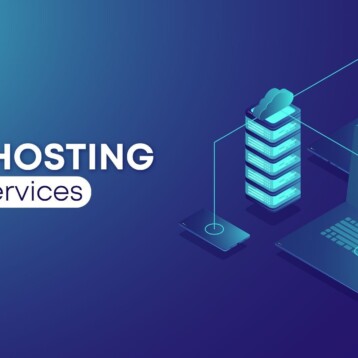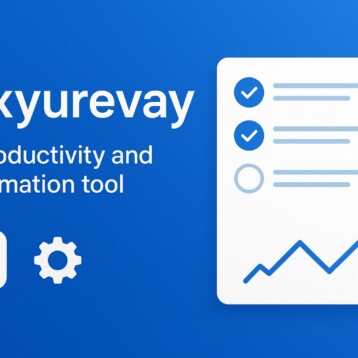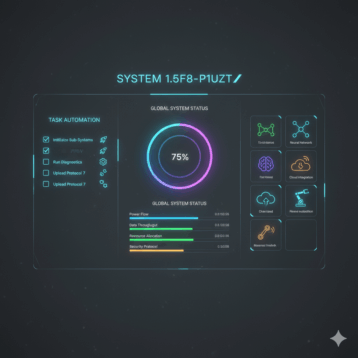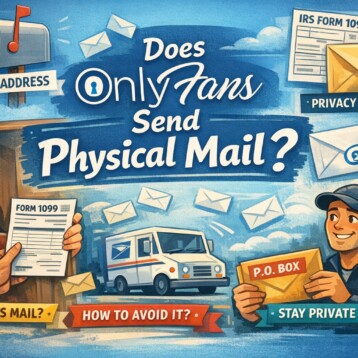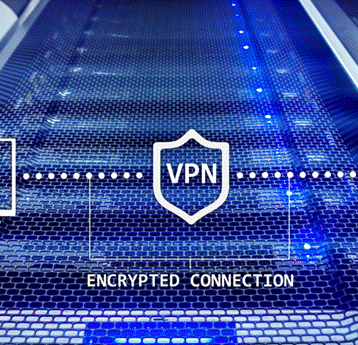Cloud computing has revolutionized the way businesses store and access their data, allowing users to access applications, software, and storage from any device with an internet connection, no matter where they are located in the world. We can clearly see the rise in the popularity of cloud-based operations in this modern business climate. More than 94% of businesses use cloud services, and that number will just rise as the benefits of cloud services become more widely recognized.
That being said, various types of cloud solutions are available, including on-premise clouds, public clouds, hybrid clouds, and multi-clouds; however, virtual private clouds (VPCs) have become increasingly popular due to their enhanced security and cost savings associated with them.
Let’s explore just why they are making such serious headway.

What Exactly Is Virtual Private Cloud?
A virtual private cloud is a cloud computing model that allows businesses to create their own private virtual network within a public cloud infrastructure. Essentially, a VPC provides the benefits of cloud computing while maintaining the security and control of an on-premises data center. With a VPC, businesses can create isolated virtual networks, which means that rather than sharing cloud space with others, they have a private space where they can safely operate.
In other words, this means that businesses can deploy applications in a secure environment without having to worry about interference from other users or potential security breaches. Additionally, VPCs allow businesses to scale their infrastructure up or down as needed without having to invest in additional physical hardware or software. However, that does not mean that the service provider won’t ask for a higher monthly fee.
Benefits of Virtual Private Clouds
Regarding cloud computing solutions, nothing beats VPC because it offers more security than other clouds by providing an additional layer of protection via IP subnet or VLAN isolation between customers, ensuring that all data communication remains private and private security.
But besides security, VPC offers so much more. Other benefits come in the form of:
Cost Efficiency
Since you don’t need to purchase or maintain physical hardware for your data center (which can be expensive), using a VPC can help reduce costs significantly while also making it easy to integrate with other types of clouds in order to create a comprehensive cloud solution that meets your specific needs.
Scalability
VPCs allow you to take advantage of seamless upgrades so you can easily scale up or down as needed, all while being eco-friendly. Updating networking equipment is no longer necessary either when using a VPC because it makes upgrading easier than ever before, allowing for multiple layers within the same network without having to rewire your system, which is great news for those trying to stay environmentally friendly. All you have to do is contact your service provider and inquire how much it will cost to expand your cloud operation.
Customization
With VPCs, businesses have complete control over the configuration of their virtual networks, enabling them to customize it according to their specific needs and requirements. Of course, customization might come at a price, but it’s well worth it if it enables you to operate more efficiently.
Global Reach
VPCs allow businesses to deploy resources across multiple regions and availability zones, providing them with a global reach. This is extremely beneficial for businesses that rely on the help of contractors and freelancers.

Tip on How to Access a VPC Securely
In order to access your VPC remotely and keep it secure, you need to set up a virtual private network (VPN). A VPN creates an encrypted tunnel between two points so that all communications passing through remain private and inaccessible to others outside the tunnel. This way, even if someone were able to intercept the traffic going back and forth between your computer/device and the server hosting the VPC, they wouldn’t be able to understand anything since its content would be encrypted within the tunnel itself.
You should also ensure that any remote connections are password protected as an extra measure of security against unauthorized access attempts or malicious attacks on your system/network infrastructure.
Final Thoughts
Virtual private clouds provide an additional layer of security over other types of clouds while also reducing costs associated with purchasing and maintaining physical hardware for data centers. Additionally, they make upgrades easier than ever before while being eco-friendly at the same time.
Although setting up a VPN connection is necessary to properly access your remote connections from outside sources, doing so is relatively simple given how user-friendly most VPN services and tools are today, making them accessible even for non-technical users who may not have experience working with networks before now.

